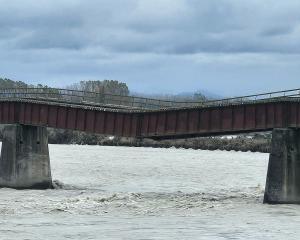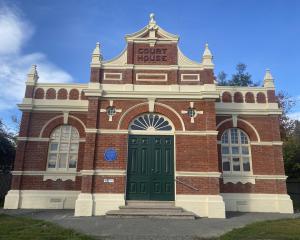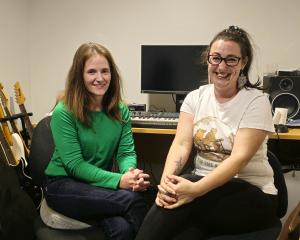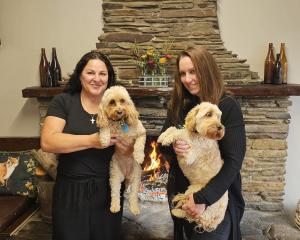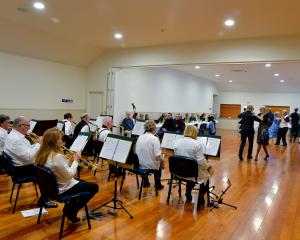
More than 5000 hectares and multiple properties were burnt in the blaze.
Before the fire, Lake Ōhau was surrounded by dryland with tussocks and shrubs, special plants that could survive the dry summers and bitterly cold winters. Beech forest grew down onto the lakeshore and along three creeks that drain the hills behind the village.
It was home to native birds, lizards and insects.
Ōhau Conservation Trust is a registered charity that has been removing wilding pines, planting native seedlings and setting possum traps around the village and lake over the past 16 years.
Each autumn, the trust runs planting sessions with volunteers.
"We had a lot of plantings along from the village, up the road and along the lake edge. We've recently put beech trees in across the road from the village," chair Vivienne Smith-Campbell said.
"About 10 years ago, volunteers put in about 2000 seedlings. It was a huge job. Now all you can see of them is wire rabbit protector cages that protected them very well from the rabbits but didn't do much when the fire came through. Plants are gone."
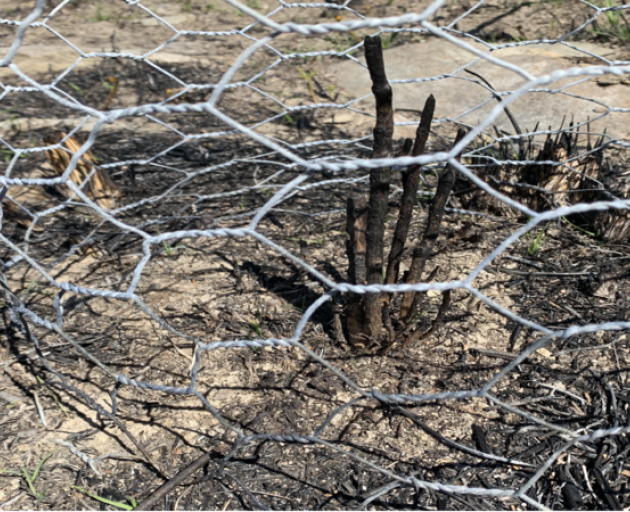
Now, there's not much left of their years of hard work.
"It's pretty grim actually, especially some of the areas along the lakeshore. They really got obliterated with the fire, it obviously burned really hotly through there," Smith-Campbell said.
"At the moment, there's just a lot of black, charred remains of plants sticking up. Not much has survived really."
Her family home at the Lake Ōhau village was lost to the fire, along with recently arrived predator traps stored next to it.
"We had 80 traps made for catching things like stoats and ferrets, and we were going to put them up in the bush gullies, up on the hill in the beech forests, and they'd been made for us by the South Otago Corrections facility.
"We're really pleased with that arrangement. It was great. The inmates at the Corrections facility there were learning skills and making the traps and we were the beneficiaries of getting the traps to come out and protect the natural environment."
She estimated about $20,000 worth of plants and traps were lost in the fire.
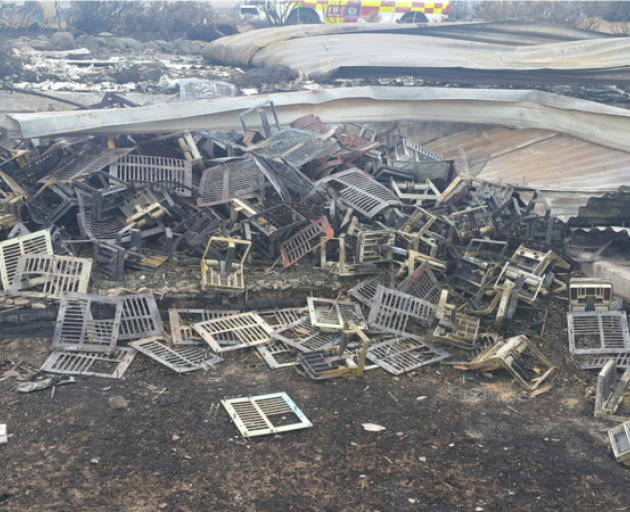
That was a significant setback for conservation in the area - and quite a bit of fundraising - as the trust relied on donations and grants, Smith-Campbell said.
This weekend, the trust will do an audit to find out how many of the 100 possum traps already out in the beech forest have survived.
They regularly catch possums, which gravitate towards native mistletoe. Lake Ōhau is a place of national significance for the species.
"The possums treat it like ice cream, they will go and eat it first instead of anything else," Smith-Campbell said.
Protecting the mistletoe had been a big project for the trust and she hoped some of the traps had survived.
"This is a really dryland natural environment and typically the plants that live here they don't grow that quickly because they get stressed in the summer and in the winter with the hot and then the cold, so it is a really slow growing environment.
"There's a lot of birds, lizards and insects that have lost habitat and food sources so it's going to take quite a while to come back naturally."
There are signs of life slowly emerging - bracken fern, grass and weeds are all popping up.
Smith-Campbell hoped to give nature a helping hand
"We want to re-plant and continue our work. It's really important to restore this environment but it's also important for us all psychologically. There's something very healing about working with the land and seeing things grow. I feel it myself.
"At the moment, the landscape does look black and bleak. Nature has a way of coming back and when people see little natives growing, hopefully it will help the community heal."
The Ōhau Conservation Trust has set a page on their website to help people donate towards natives plants and predator traps.
"Many people have said they'd like to do something to help and by giving a donation to the trust, they can help Lake Ōhau recover."

